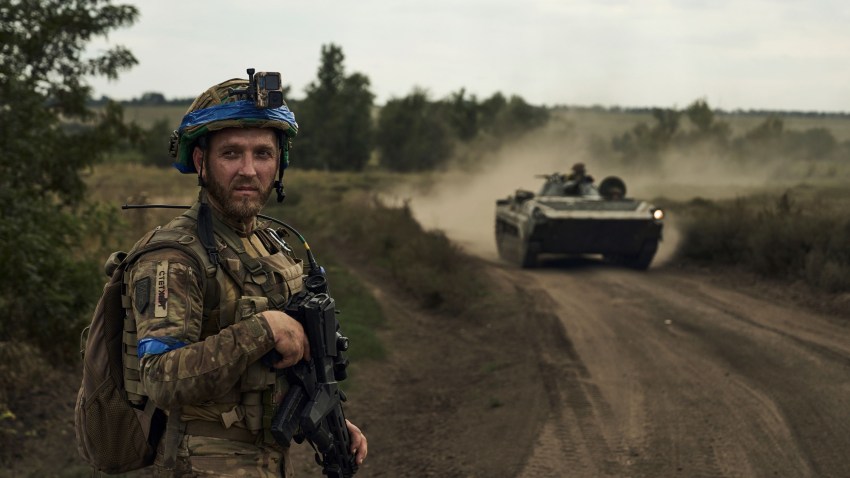Hello, everyone. Today at WPR, we’re covering Ukraine’s ongoing counteroffensive and Nigerian President Bola Tinubu’s first 100 days in office.
Read all of our latest coverage here.
But first, here’s our take on today’s top story:
Sahel security: Islamist militants in northern Mali staged separate attacks on a passenger ferry and a military camp Thursday, killing at least 49 civilians and 15 soldiers. The attacks come just days after 17 soldiers and 36 volunteer fighters were killed in heavy clashes with Islamist militants in Burkina Faso. (New York Times; Reuters)
Our Take: The ongoing fight against Islamist militant groups in the Sahel region of West Africa has not slowed down following a series of coups in the region. If anything, coups in Burkina Faso and Mali appear to have undermined both countries’ ability to counter these groups militarily.
Perhaps most importantly, the military juntas that took power in Burkina Faso and Mali quickly ended longstanding security partnerships with France and the European Union. The junta that seized power in Niger in July has similarly demanded that French forces based there leave the country, and it remains uncertain if its security partnership with the U.S. will survive. To be clear, those partnerships were flawed, largely because they focused too heavily on military operations and not enough on addressing the root causes of the security crisis, including the need to shore up democracy. In the absence of those partnerships, however, the Sahel’s security crisis is clearly getting even worse.
That leaves Western governments with a difficult but familiar dilemma: Continue to insist on democracy, or work with the juntas—as well as other imperfect civilian governments in the region—to counter the Islamists? As the security situation in the Sahel deteriorates, that dilemma will only get more acute.
The worsening situation also increasingly puts neighboring states and ECOWAS, West Africa’s regional organization, on the hot seat. If the presence of external actors like France and the U.S. continues to recede, the responsibility to create stability in the region will likely shift to ECOWAS and regional powers, like Nigeria, whether or not they are prepared to take on that responsibility.
More context from WPR:
- Colin P. Clarke and Michael Shurkin on why the U.S. should work with military juntas in the Sahel.
- Alexander Clarkson on ECOWAS as a potential regional security guarantor.
- Constantin Gouvy and Andrew Lebovich on France’s new approach to security partnerships in Africa.

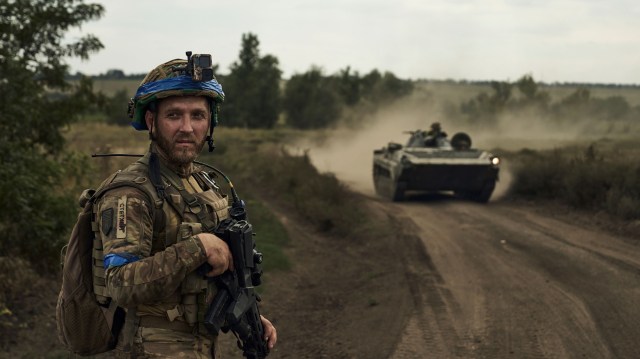
Ukraine’s Counteroffensive Is Actually Succeeding
In early June, Ukrainian forces launched a long-anticipated, large-scale counteroffensive into Russian-controlled territory in the eastern portions of Ukraine. From the beginning, the fog of war surrounding developments on the ground has been thick—some argue the counteroffensive has failed; others argue Ukraine is making progress.
All of this raises understandable questions about what exactly is happening on the ground, with perhaps the most important being, Is the counteroffensive succeeding? Columnist Paul Poast argues it is. Here’s why
Nigeria’s Tinubu Has Made Plenty of Waves, but Little Progress
Nigerian President Bola Tinubu was declared the winner of the country’s disputed presidential contest earlier this year at a time when polls found that Nigerians were widely pessimistic about the country’s trajectory. He vowed to hit the ground running from day one and pledged to fill the upper echelons of his administration with a robust team of experienced, accomplished officials.
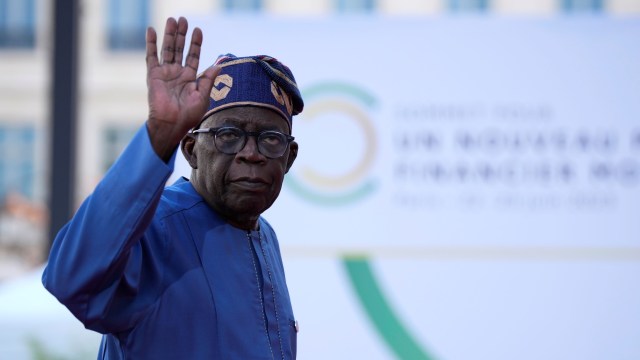
Now, 100 days into his term, Nigerian President Bola Tinubu has mostly lived up to expectations, with few surprises. As Chris O. Ògúnmọ́dẹdé writes, though, that might be because not many Nigerians had high hopes for his presidency to begin with.

This week, we asked: In your opinion, was the Jan. 6, 2021, attack on the U.S. Capitol, and the events surrounding it, an attempted coup by Trump and his supporters?
The results? 81.6 percent of respondents said, “Yes, it was an attempted coup.”
Thanks to everyone who answered the poll.

A top court in France upheld a new government decree barring students in public schools from wearing the abaya, a full-length robe worn by some Muslim women. The government argues that the ban upholds France’s particular version of secularism, while critics have called it discriminatory.
The ban is also the latest episode in a wider culture war and national reckoning over the role of Islam in France and French culture. Karina Piser wrote in 2020 that French schools have increasingly been at the center of that culture war, with teachers saying that they have been given an impossible task: to educate students about values that are fundamental but increasingly politicized.
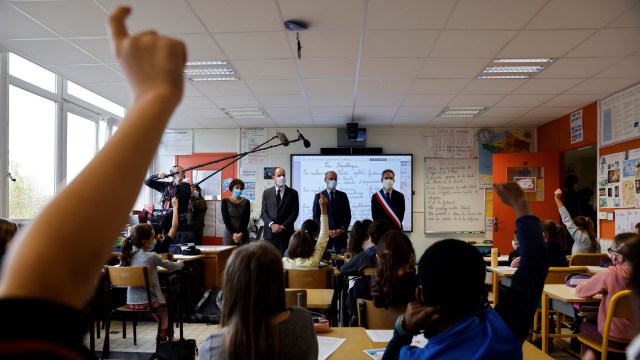
In France, Teachers Tasked With Fighting Radicalization Face an Impossible Job
Nov. 10, 2020 | French teachers say they are being asked to educate students about values that are fundamental but increasingly politicized. Read more.
Ethiopian soldiers killed more than 70 civilians, witnesses reported to the Guardian, in a town in Amhara region, where fighting between government forces and the Fano, a local militia, broke out last month.
The two sides had been partners in the Tigray war, which ended in November 2022 and seemed to bring relative peace to the region. Now, though, the explosion of fighting in Amhara has already caused the deaths of hundreds of civilians, disrupted basic services and triggered interethnic tensions in other parts of the country, as Bereket Diriba wrote last month.
Amhara Has Become Ethiopia’s Latest Battlefield
Aug. 16, 2023 | A conflict between Ethiopia’s army and the Fano militia in the Amhara region began earlier this month and quickly intensified. Read more.
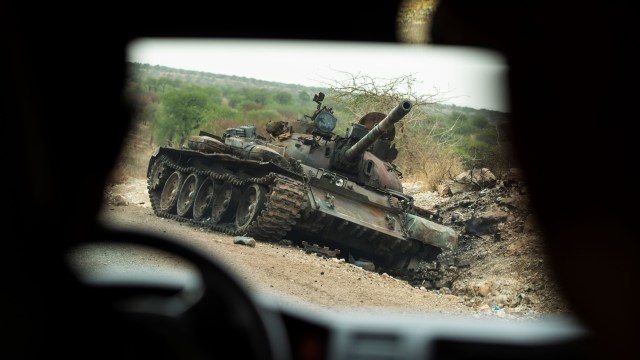
That’s all for today’s Daily Review. Coming up, we’re covering this week’s ASEAN summit and the impact of U.S. competition with China on climate diplomacy.
Have a great day,
Jakob Cansler
More From WPR
- Alice Bell on climate change and health.
- Frida Ghitis on conspiracy accusations in Sri Lanka.
- Alexander Clarkson on Africa’s political future.
- Jakob Cansler on Italy’s global brand.

